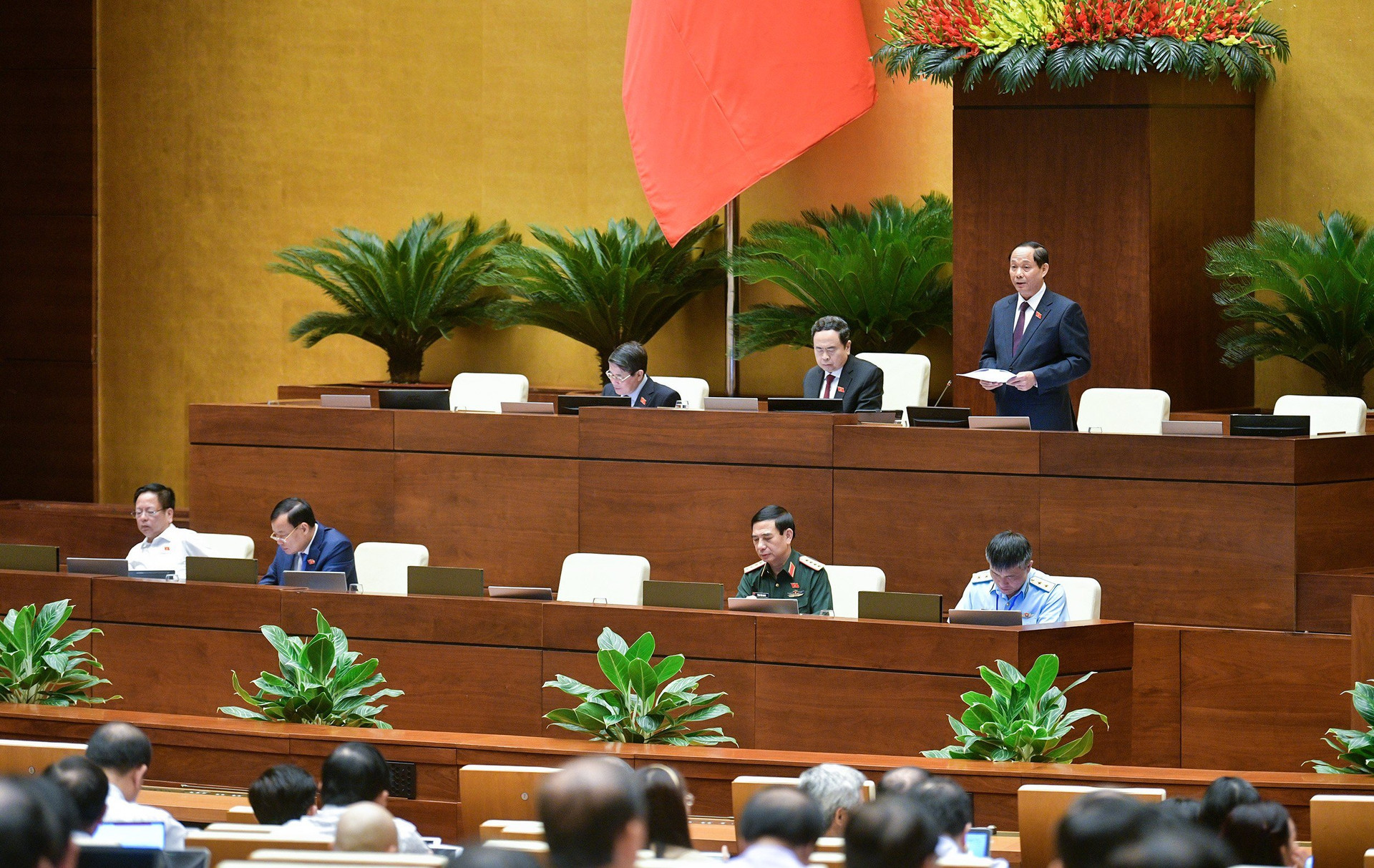
It is strictly forbidden to set up pick-up and drop-off points, or load and unload goods in violation of the law.
Specifically, with 447 delegates voting in favor (accounting for 91.98%), the National Assembly passed the Road Law. The Law consists of 6 chapters and 86 articles, regulating road activities and state management of road activities.
According to the law, the principle of road operation is to ensure smooth, safe, synchronously connected, efficient, environmentally friendly traffic, serving the needs of goods transportation and convenient travel of people, contributing to socio -economic development, ensuring national defense, security and environmental protection, preventing and combating natural disasters, and international integration.
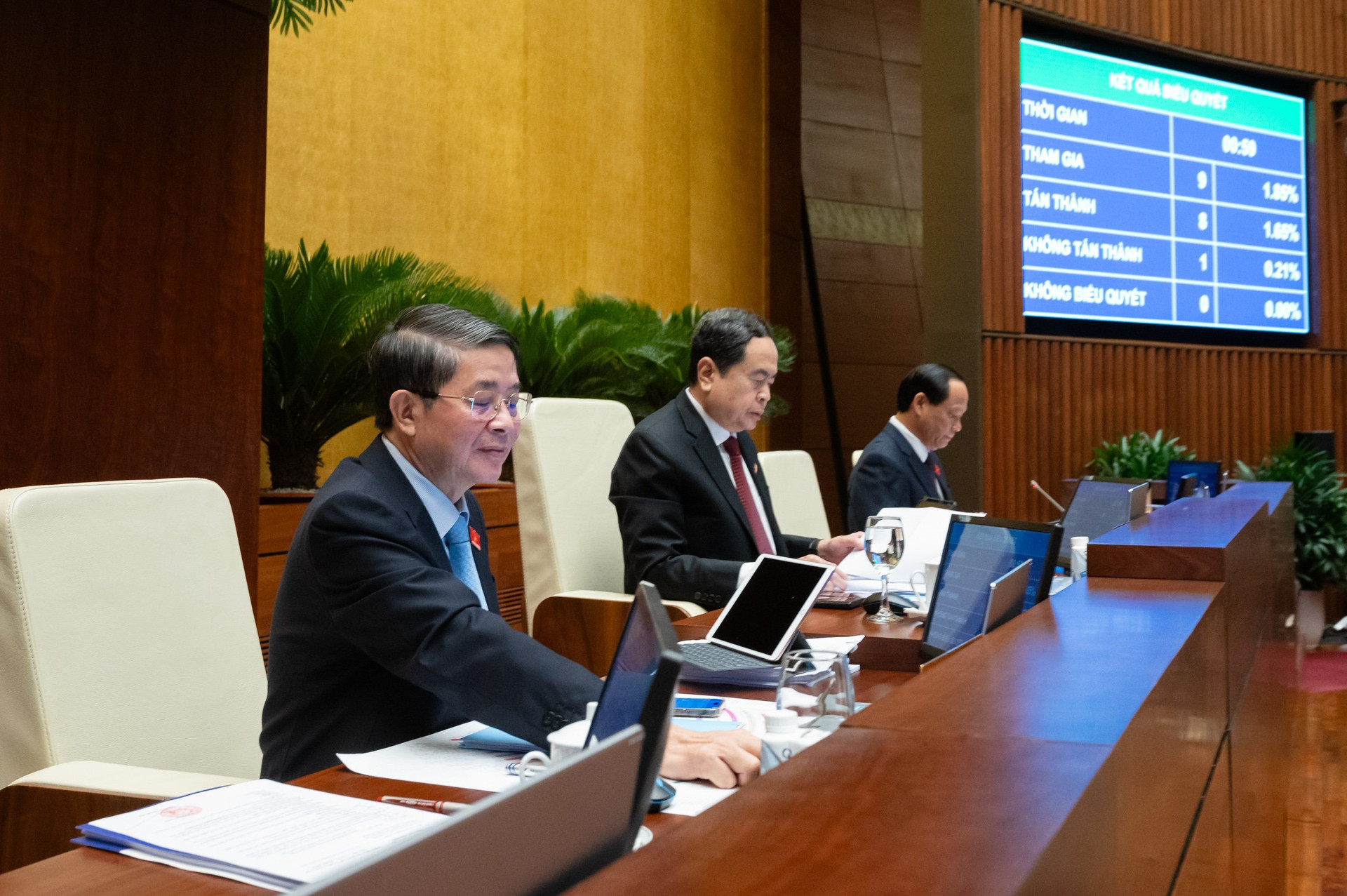
The law strictly prohibits the following acts: destroying road infrastructure; exploiting and using road infrastructure in violation of the law; illegally connecting to main roads and branch roads; illegally dismantling, moving or distorting road works; illegally encroaching, occupying, using or constructing within the protection area of road infrastructure; installing, dismantling, moving, adjusting or obscuring road signs in violation of the law; attaching, hanging or installing on road signs content unrelated to the meaning and purpose of road signs or distorting road signs.
At the same time, it is strictly forbidden to conduct transportation business by automobiles or four-wheeled motor vehicles without a transportation business license as prescribed by law or to conduct business without a license; to set up pick-up and drop-off points, or to load and unload goods in violation of the law.
Technical levels of roads are specified in road design standards and regulations, including: expressways; roads of class I, II, III, IV, V, VI; urban roads; roads of class A, B, C, D, and other roads.
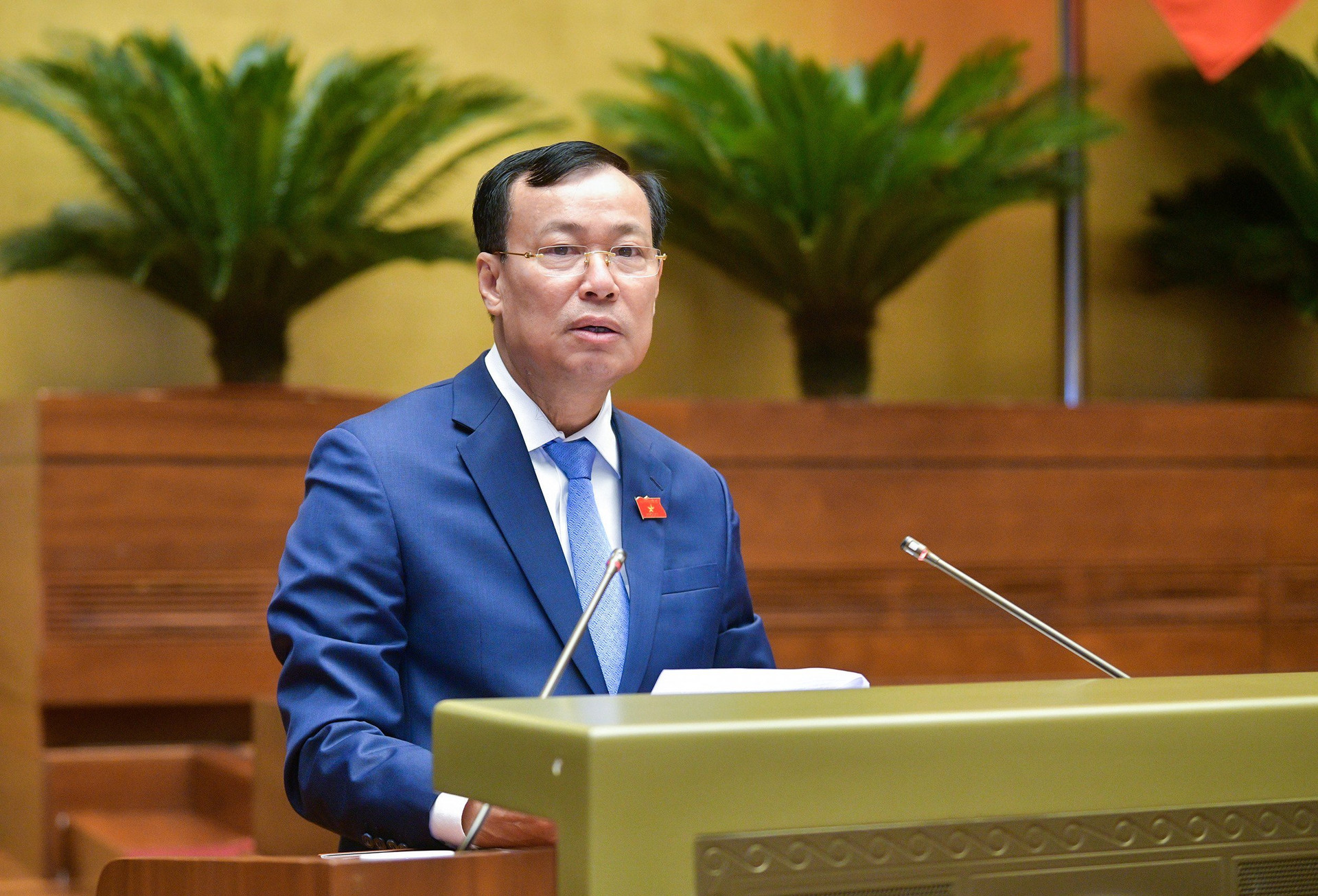
Before the National Assembly delegates pressed the button to vote and presented the Report on explanation, acceptance and revision of the draft law, Chairman of the National Defense and Security Committee, Lieutenant General Le Tan Toi, stated that there was a proposal to review the provisions of the draft law to be consistent and consistent with Article 261 of the Penal Code on acts constituting the "crime of obstructing road traffic".
The Standing Committee of the National Assembly has directed a review of the provisions of the Penal Code and found that Article 7 of the draft Law on Roads and Article 9 of the draft Law on Road Traffic Order and Safety fully reflect the acts constituting the “crime of obstructing road traffic” in Article 261 of the Penal Code. Therefore, the Standing Committee of the National Assembly proposed to keep this content as in the draft Law submitted to the National Assembly for approval.
There is also a proposal to remove the phrase "attaching, hanging, installing on road signs contents unrelated to the meaning and purpose of road signs" in Clause 4. In response to the opinions of National Assembly deputies, the National Assembly Standing Committee directed the revision of Clause 4, Article 7 as in the draft law submitted to the National Assembly for approval.
Regarding the costs of management, use, operation, exploitation and maintenance of road infrastructure (Article 41), there is a proposal to split Clause 2 into 2 clauses: 1 clause regulating investment projects under the public-private partnership method implemented according to the Law on Investment under the public-private partnership method; 1 clause regulating road infrastructure as public property.
In response to the opinions of National Assembly deputies, the National Assembly Standing Committee directed the revision of Clause 2 into Clause 2 and Clause 3 to clarify the responsibility for ensuring costs for management, operation, exploitation, and maintenance of road infrastructure in accordance with each form of investment and supplement Clause 5 of this Article to stipulate the responsibility for ensuring costs for management, operation, exploitation, maintenance, and protection of road infrastructure invested by the State as in the draft law submitted to the National Assembly for approval.
It is strictly forbidden to drive a vehicle with alcohol concentration in blood or breath.
Next, the National Assembly voted to pass the Law on Road Traffic Order and Safety. The electronic voting results showed that 388 National Assembly deputies voted in favor (accounting for 79.84%). Thus, the National Assembly passed the Law on Road Traffic Order and Safety.
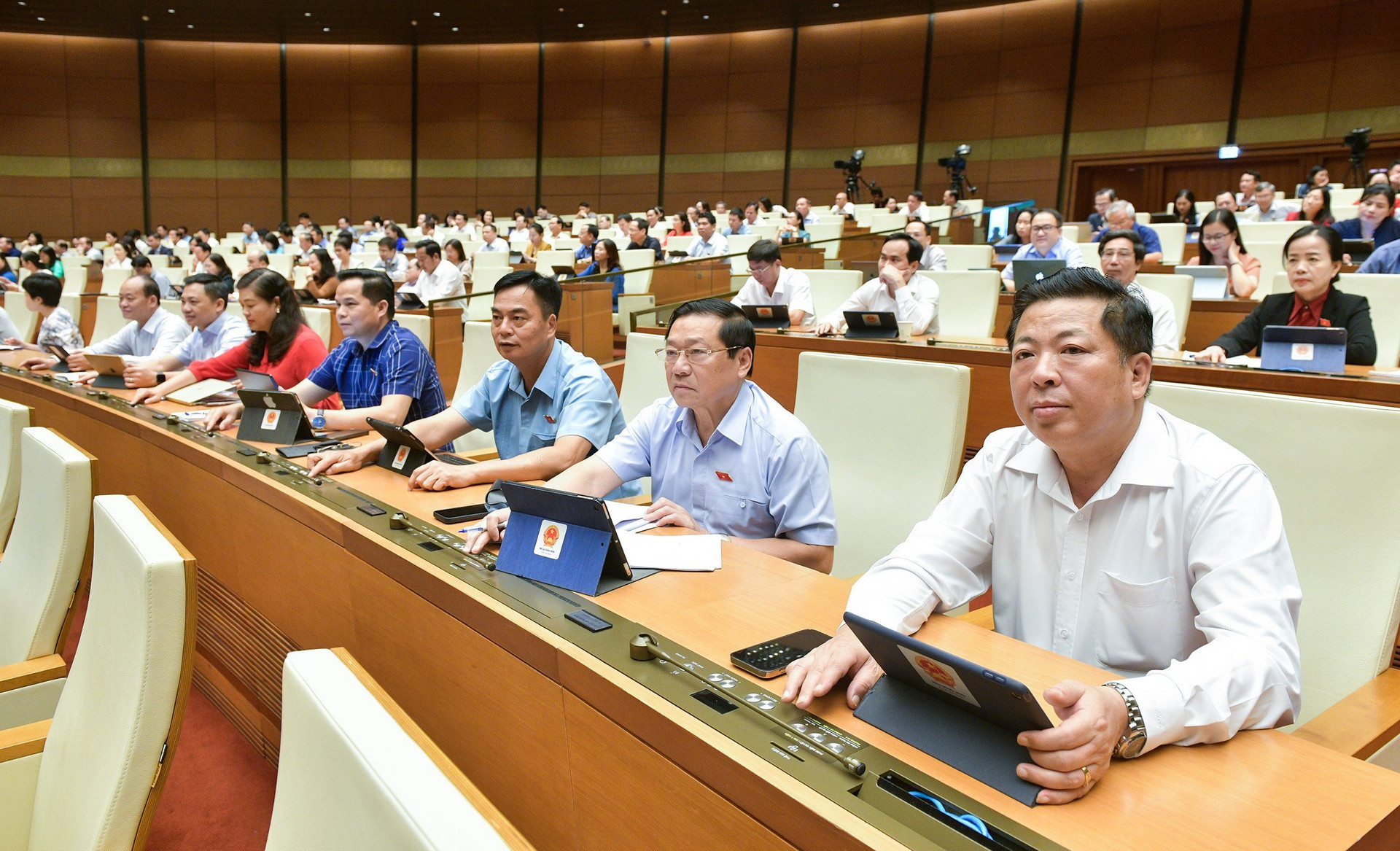
The Law on Road Traffic Order and Safety consists of 9 chapters and 89 articles, regulating rules, vehicles, road traffic participants, command, control, patrol, control, handling of road traffic accidents, state management responsibilities and responsibilities of agencies, organizations and individuals related to road traffic order and safety.
Accordingly, road users must drive on the right side of the road, in the correct lane, on the prescribed road section, and comply with road signs and other road traffic rules. Drivers and passengers must wear seat belts where seat belts are available when driving on the road.
The law strictly prohibits driving a vehicle on the road with alcohol in the blood or breath. Insulting, threatening, obstructing, opposing or failing to comply with orders, instructions, requests for inspection and control of officials on duty to ensure order and safety of road traffic; holding and using a phone or other electronic device while driving a vehicle on the road...
The law also stipulates that driving license points are used to manage drivers' compliance with laws on road traffic order and safety on the road traffic order and safety database system, including 12 points. The number of points deducted for each violation depends on the nature and severity of the violation of laws on road traffic order and safety.
Data on driving license deduction points of violators will be updated into the database system immediately after the penalty decision comes into effect and the person whose driving license points are deducted will be notified.
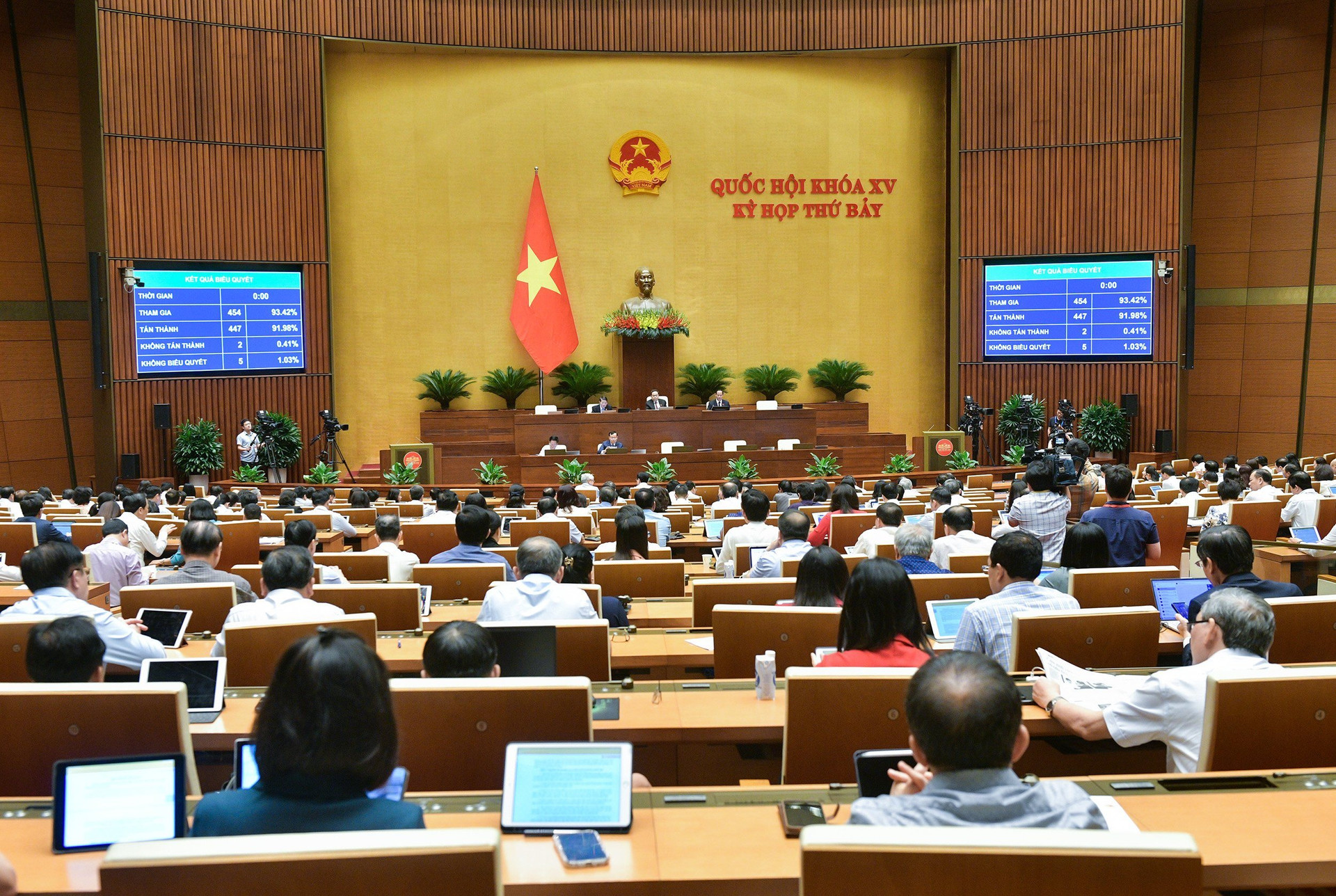
Previously, presenting the Report on explanation, acceptance and revision of the draft law, Chairman of the National Defense and Security Committee, Lieutenant General Le Tan Toi, stated that regarding the regulation prohibiting: "Driving a vehicle on the road with alcohol concentration in the blood or breath" (Clause 2, Article 9), many opinions agreed with this regulation. However, some opinions suggested considering a regulation with a minimum threshold and some other opinions suggested presenting 2 options to seek opinions from National Assembly deputies.
The Standing Committee of the National Assembly stated: The above regulation is not new content, but is inherited from the provisions of the 2008 Road Traffic Law and is consistent with the provisions in Clause 6, Article 5 of the 2019 Law on Prevention and Control of Harmful Effects of Alcohol and Beer and specific regulations for the field of road traffic.
In this draft law, if the provisions of Clause 6, Article 5 of the Law on Prevention and Control of Harmful Effects of Alcohol and Beer 2019 are not continued, there will be a risk of increasing violations of road traffic order and safety, road traffic accidents, leading to increased consequences and damage caused by road traffic accidents.
Specifically, the damage to life, health, property of vehicle drivers, other traffic participants, affecting family life, the country's resources, causing many consequences for society; going against the efforts of the entire political system, causing waste of effort and money of the State and People in the past time.
At the 6th Session, the majority of National Assembly deputies agreed with this regulation and some National Assembly deputies proposed to set the lowest limit. At this session, on June 21, the National Assembly Standing Committee directed the General Secretary of the National Assembly to ask for the opinions of National Assembly deputies by means of a Request for Opinions Form (via App), with 388 National Assembly deputies giving their opinions.
As a result, 293 National Assembly deputies (accounting for 75.52% of the total number of National Assembly deputies giving opinions and 60.16% of the total number of National Assembly deputies) agreed with this regulation to prohibit "driving a vehicle participating in road traffic with alcohol concentration in the blood or breath". 95 National Assembly deputies (accounting for 24.48% of the total number of National Assembly deputies giving opinions and 19.51% of the total number of National Assembly deputies) proposed to regulate the prohibition according to the lowest limit of alcohol concentration in blood and breath for drivers of vehicles participating in road traffic. Of which, 8 deputies had other opinions.
Based on the majority of National Assembly deputies agreeing with this regulation, the National Assembly Standing Committee proposes that the National Assembly continue to implement the regulation prohibiting "Driving a vehicle on the road with alcohol concentration in the blood or breath" and stated in Clause 2, Article 9 of the draft Law.
There is a proposal to assign the Ministry of Health to issue a technical process for measuring ethanol in the blood of people who do not consume alcohol or beer but have alcohol concentrations due to illness leading to increased metabolism of endogenous alcohol concentrations.
In response to the opinions of National Assembly deputies, the National Assembly Standing Committee directed the addition of Clause 5, Article 87, assigning the Ministry of Health to regulate the determination of alcohol concentration and endogenous alcohol concentration in the blood as a basis for determining cases where a vehicle driver participating in road traffic has alcohol concentration in the blood or breath due to the use of wine, beer or other alcoholic beverages.
Source: https://baotainguyenmoitruong.vn/quoc-hoi-thong-qua-luat-duong-bo-va-luat-trat-tu-an-toan-giao-thong-duong-bo-376005.html



![[Photo] Vietnamese and Hungarian leaders attend the opening of the exhibition by photographer Bozoky Dezso](https://vphoto.vietnam.vn/thumb/1200x675/vietnam/resource/IMAGE/2025/5/29/94d8ceca5db14af3bf31285551ae4bb3)
![[Photo] Prime Minister Pham Minh Chinh receives a bipartisan delegation of US House of Representatives](https://vphoto.vietnam.vn/thumb/1200x675/vietnam/resource/IMAGE/2025/5/28/468e61546b664d3f98dc75f6a3c2c880)







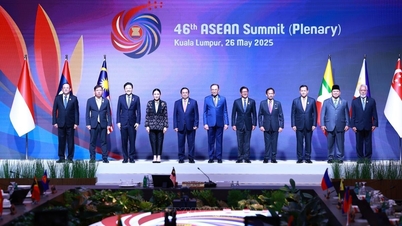

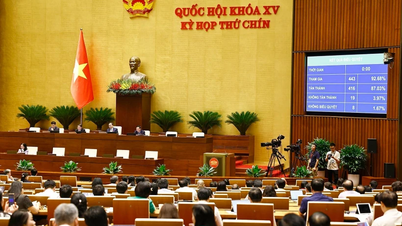
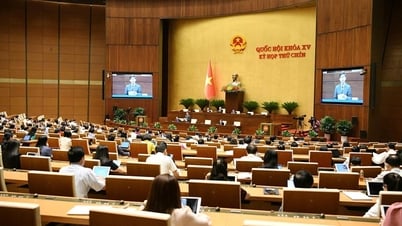

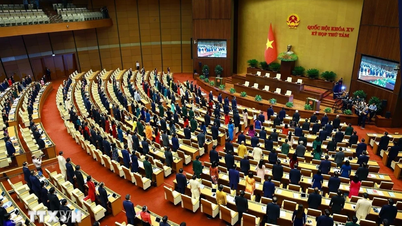










![[Photo] 12th grade students say goodbye at the closing ceremony, preparing to embark on a new journey](https://vphoto.vietnam.vn/thumb/1200x675/vietnam/resource/IMAGE/2025/5/28/42ac3d300d214e7b8db4a03feeed3f6a)




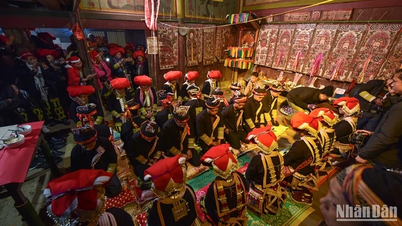
















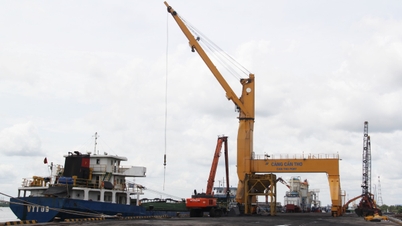

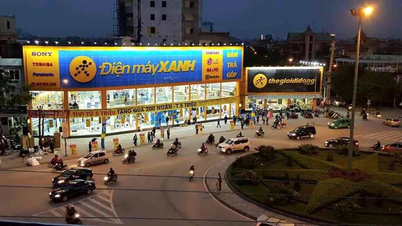
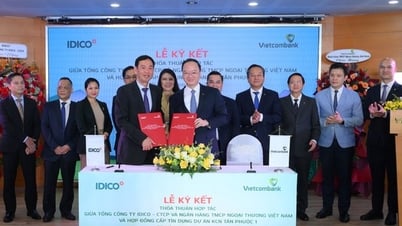








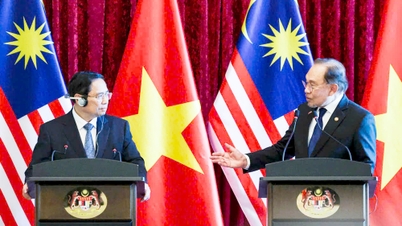

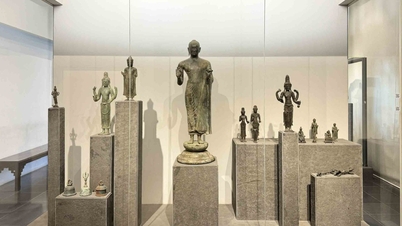
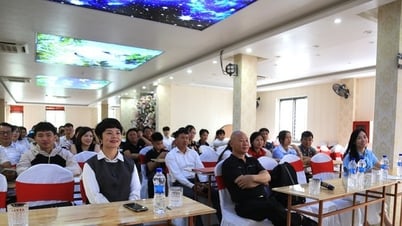
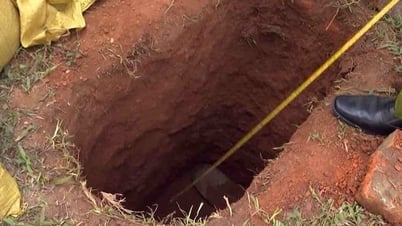


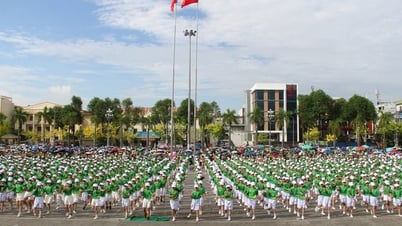
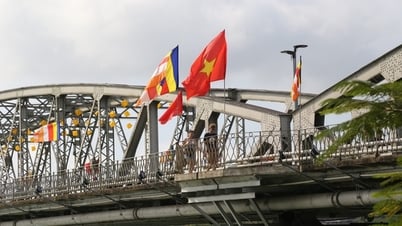






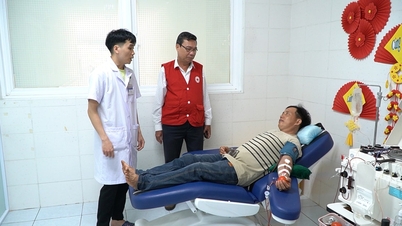

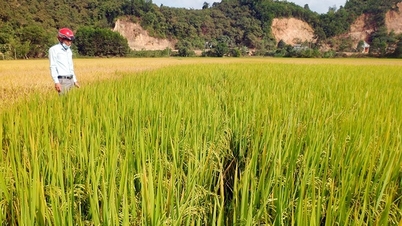












Comment (0)